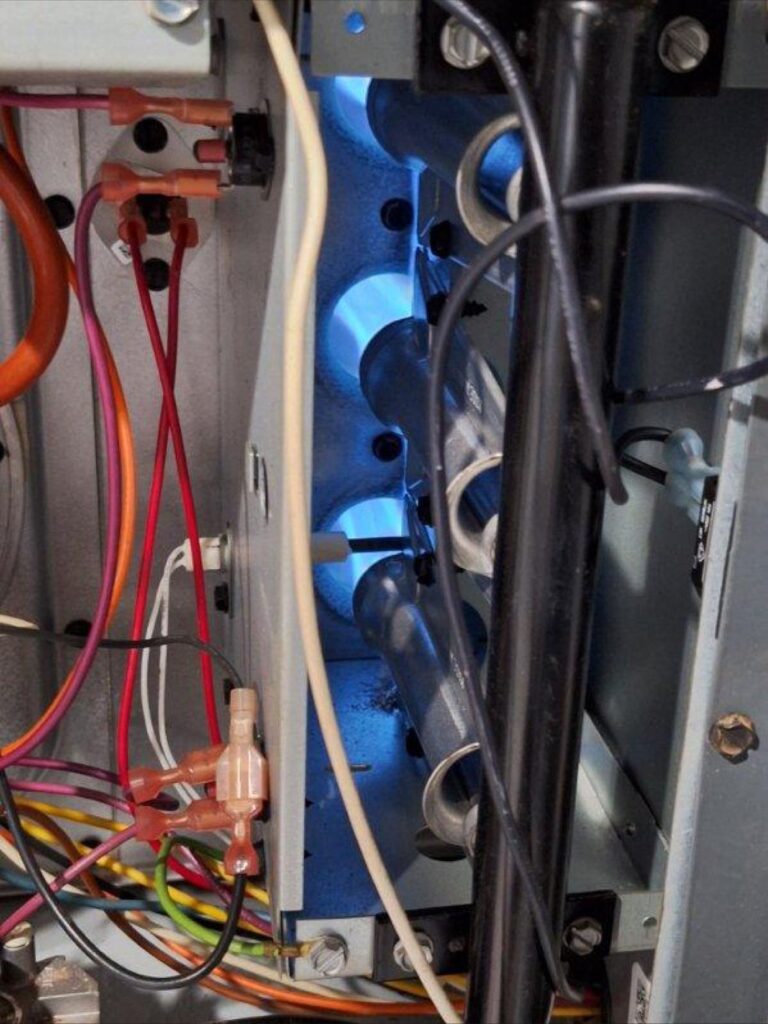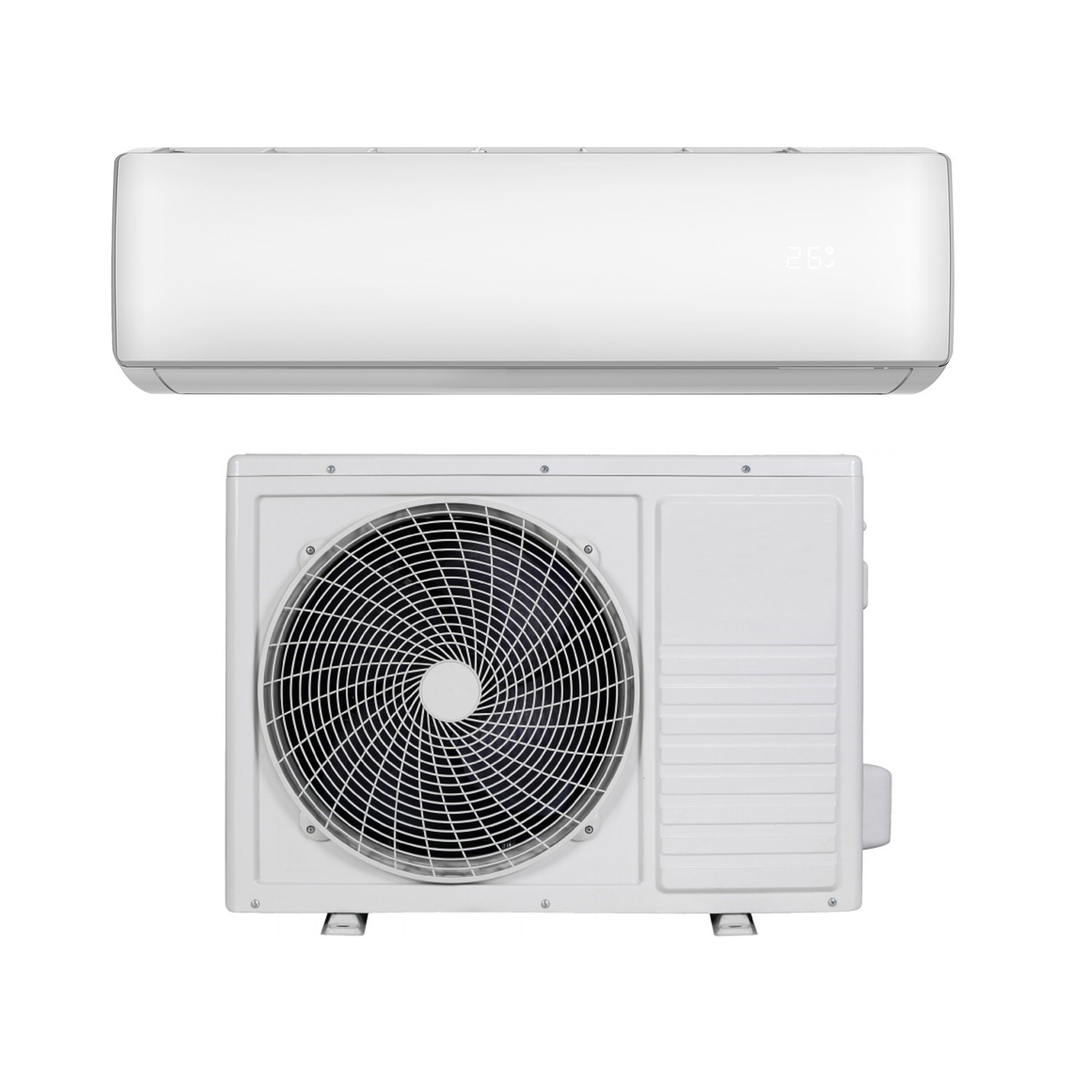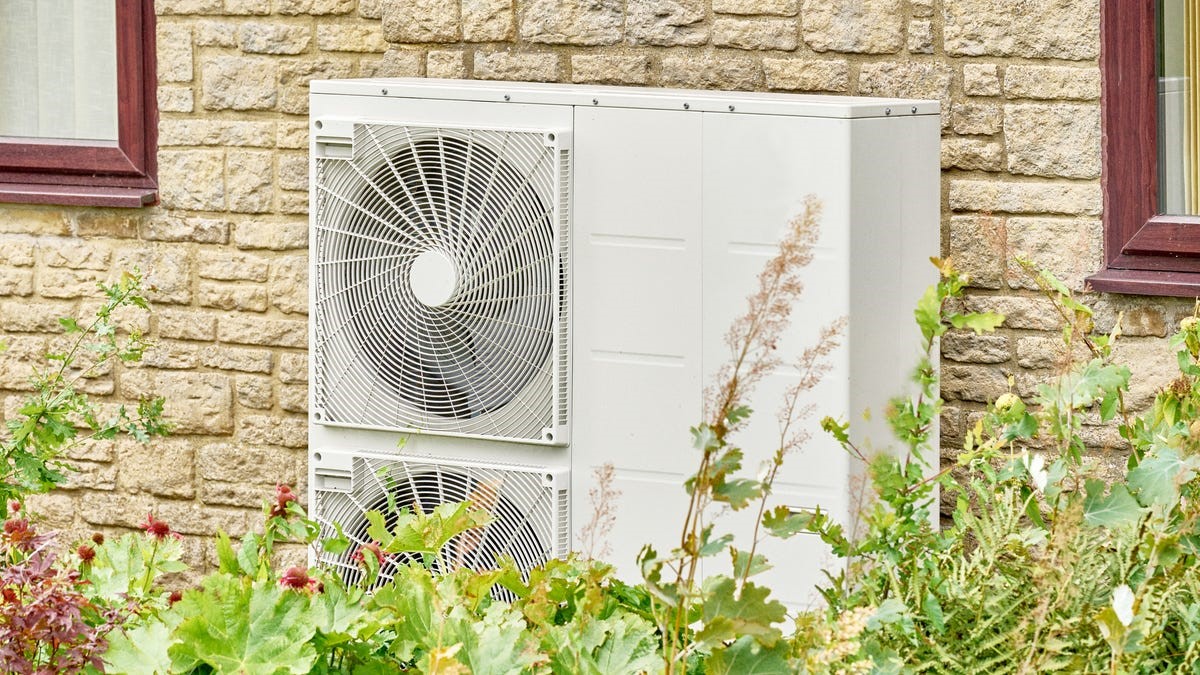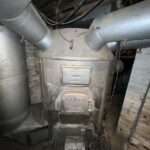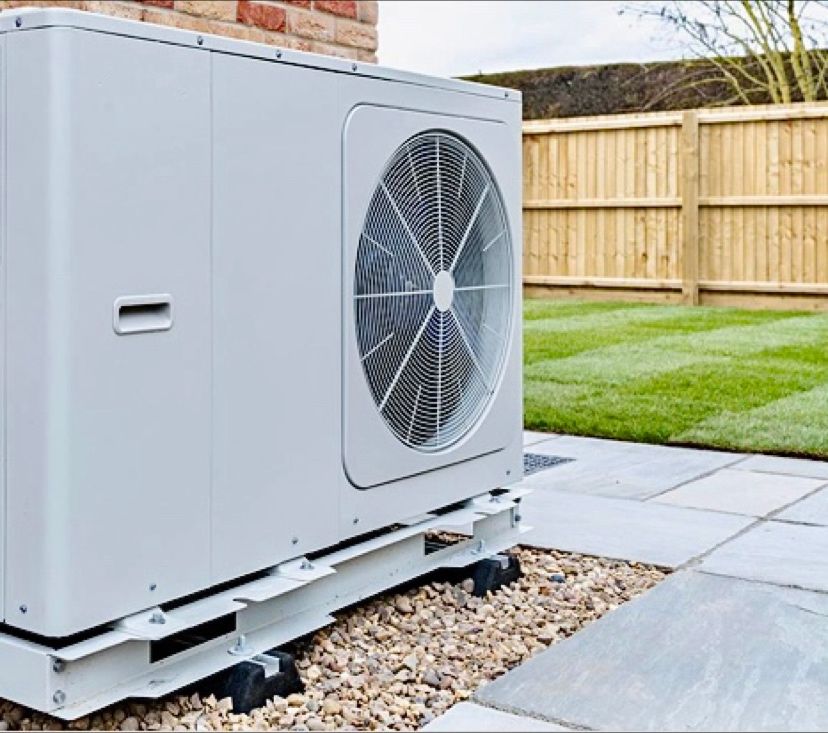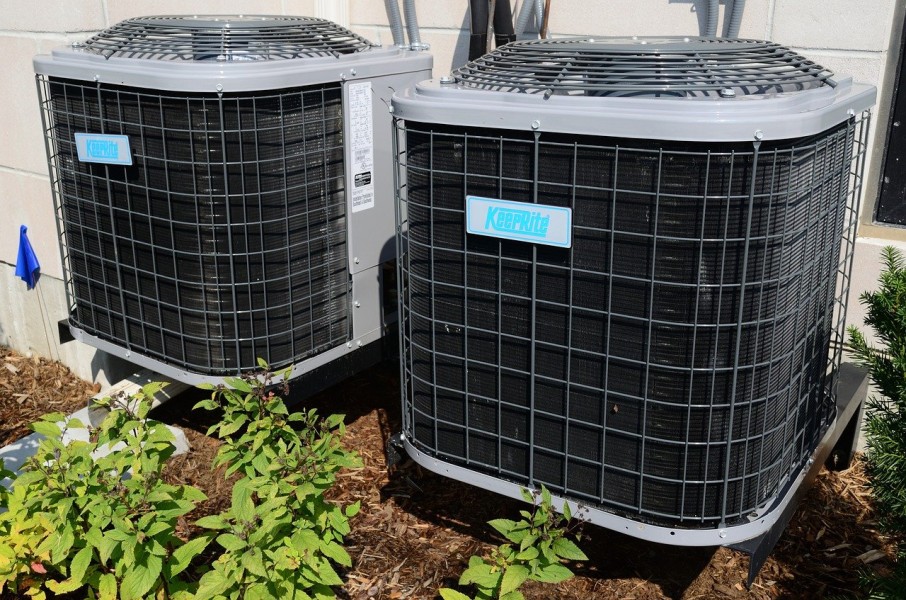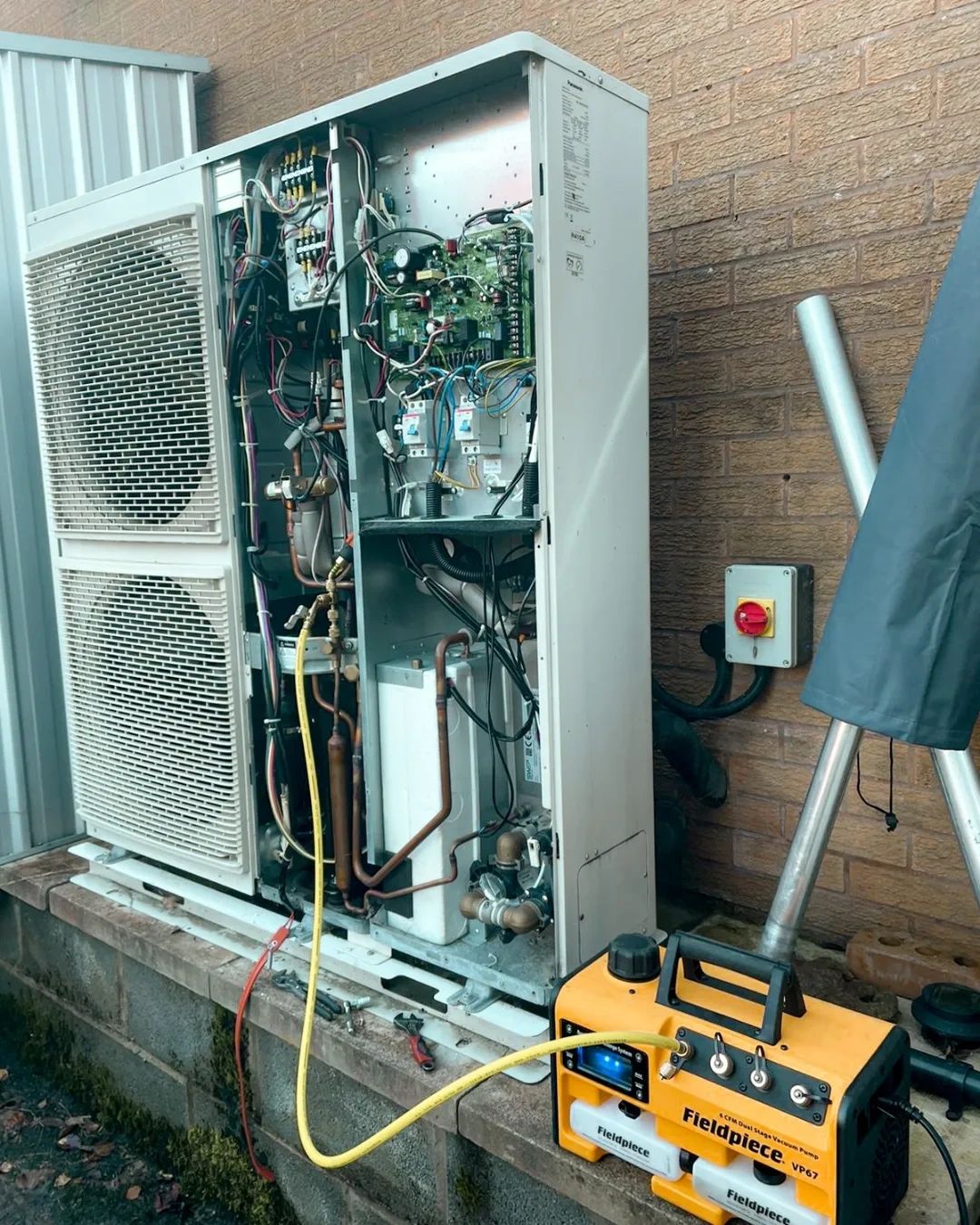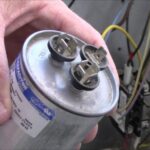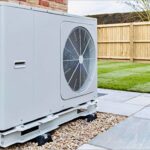Why Choose a Propane Furnace
Propane furnaces stand out for several reasons, making them a popular choice for heating needs. Here’s a breakdown of their benefits
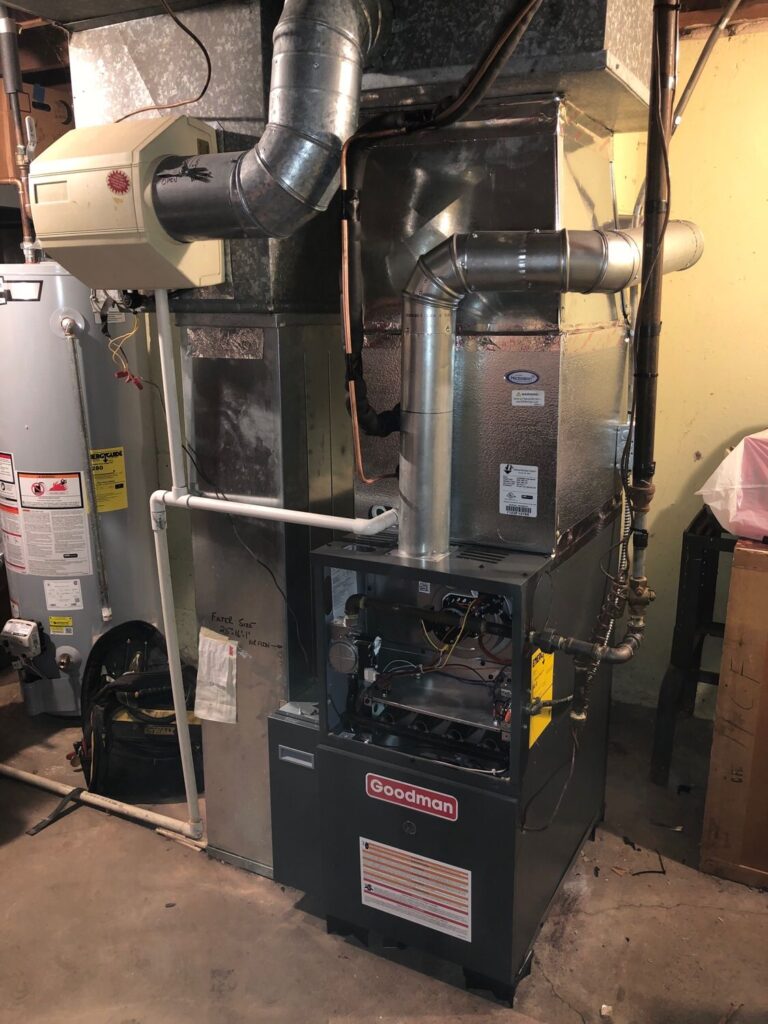
What are the benefits of a propane furnace?
- Clean Burning: Propane is known for its environmental friendliness. Like natural gas, it burns cleanly, meaning it produces fewer pollutants compared to other fuel sources.
- High Heating Capacity: When it comes to warmth, propane packs a punch. It has a higher BTU (British Thermal Unit) content per cubic foot than natural gas. This means propane can produce more heat with less fuel, making it an efficient choice for your heating needs.
- Reliable Supply: With a professional delivery service, propane offers a dependable fuel supply. This is especially important in areas where natural gas pipelines might not be available, ensuring you always have access to the energy you need.
- Alternative to Electric Heat: In regions with milder winters, such as the southern parts of the U.S., electric heating through heat pumps or electric furnaces is common. However, for those who seek the efficiency and comfort of gas heating, propane is an excellent alternative. It provides a warmer heat output, which many find more comfortable than the air from electric heat sources.
- Preferred Comfort: The warmth from a propane furnace is often described as feeling more comfortable. The heat output is warmer than that of electric heating solutions, providing a convenient atmosphere in your home during cold weather.
In summary, choosing a propane furnace means opting for a heating solution that is efficient, reliable, and environmentally friendly, with the added benefit of delivering a comfortable, warmer heat to your living spaces.
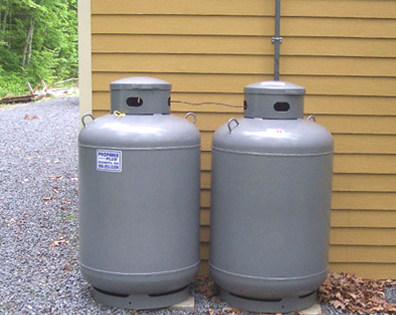
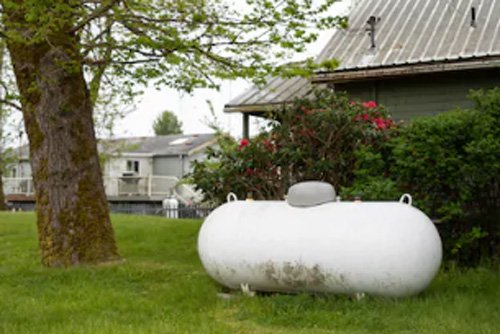
Cost of propane furnace
When considering the installation of a Propane Furnace, understanding the associated costs is crucial. These expenses not only cover the initial setup but also the ongoing operation. Here’s a detailed breakdown to guide you:
- Unit Prices: A propane furnace itself can cost between $600 and $3,300, depending on the model and specifications.
- Standard Propane Furnace: On average, installing a standard unit costs between $2,200 and $5,700.
- High-Efficiency Models: For those looking for higher efficiency, prices range from $3,500 to $7,400 for the installation.
- Labor Costs: Installation labor adds an additional $1,000 to $3,100 to the overall expense.
- Ductwork Installation: If new ductwork is needed, the total cost can jump to $4,600 to $12,300.
Additional Propane Furnace Costs
- Propane Tank Installation: Setting up a new tank costs $1,700 to $4,300.
- Tank Rental: Annual rental fees for a propane tank vary from $50 to $200.
- Conversion Kit: If converting from another fuel source, a conversion kit costs $150 to $500.
Operating Costs
- Annual Heating Expense: The yearly cost to heat a home with propane typically ranges from $1,000 to $2,500.
Understanding Propane Furnaces Costs
The cost of a propane furnace and its operation can significantly vary based on several factors, including the size and efficiency of the unit, installation complexities, and whether ductwork needs to be added or replaced.
Getting an Accurate Estimate
- Contact a Professional: For a precise estimate tailored to your needs, it’s best to consult with an experienced HVAC technician. They can assess your home’s heating requirements, considering factors like size, desired comfort levels, and efficiency preferences.
- Considerations for Costing: Propane furnaces generally have a higher price tag than natural gas models due to the additional costs of conversion kits and labor involved in the installation process.
For anyone transitioning from natural gas to propane, it’s advisable to delve into the specifics of the conversion process, including associated costs and requirements, to make an informed decision.
In summary, the investment in a propane furnace involves upfront installation costs, potential additional expenses for tanks and conversion kits, and the ongoing cost of propane fuel. Balancing these costs with the benefits of a propane system, such as efficiency and environmental friendliness, will help determine the best heating solution for your home.
Understanding Fuel Costs for Propane Furnaces
Fuel costs are a significant part of the ongoing expenses of owning a propane furnace. The price of propane varies across different regions and changes based on supply and demand, similar to natural gas and fuel oil. Here’s what you need to know about the fuel costs associated with propane furnaces:
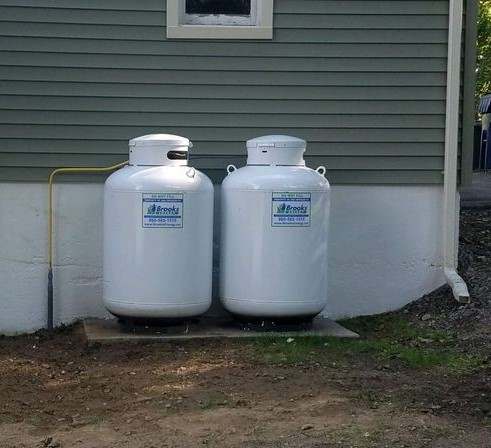
Propane Needs and Costs
- Propane Storage: Propane heating systems require a tank on your property, leading to extra costs for the tank itself and for regular gas deliveries.
- Heating Efficiency: Propane can deliver more heat per unit than natural gas, making it a very efficient fuel option. However, propane is generally more expensive than natural gas and fuel oil.
- Expect Higher Bills: If you opt for a propane furnace, be prepared for potentially higher heating bills due to the higher cost of propane.
Reducing Fuel Costs
- High-Efficiency Furnaces: Choosing a high-efficiency propane furnace equipped with variable-speed blowers and multiple heating stages can help lower these costs. These features allow the furnace to operate more efficiently by adjusting the heat output and fan speed based on the needs of your home.
Finding Local Fuel Costs
- Contact Local Services: For the most accurate and current fuel costs, reach out to your local utility companies or fuel delivery services. They can provide you with the latest prices and help you budget for your heating needs.
In summary, while propane furnaces offer high heating efficiency, the fuel costs can be higher compared to natural gas and fuel oil. Investing in a high-efficiency model and staying informed about local fuel prices can help manage these costs effectively.
Lifespan of a Propane Furnace
- Key Influences on Lifespan: The life expectancy of a propane furnace is impacted by various elements such as the appropriate size for your home, the quality of the furnace’s installation, how often it’s used, regular maintenance schedules, and the frequency of changing the furnace’s filters.
- Expected Lifespan Range: A propane furnace made by a reliable manufacturer is likely to last between 15 to 30 years before it needs to be replaced.
- Extending Furnace Life: For detailed strategies on increasing the lifespan of your furnace, refer to our specialized resource page.
Forced Air Propane Furnace Efficiency
Propane furnaces offer a wide range of energy efficiency levels, ensuring that your heating needs are met effectively. Here’s what you need to know about the efficiency of forced air propane furnaces:
Efficiency Levels
- Conversion Flexibility: Natural gas furnaces can easily be converted to use propane, ensuring that propane furnaces offer the same energy efficiency options as natural gas models.
- Minimum Efficiency: The Department of Energy mandates a minimum efficiency rating of 80% AFUE (Annual Fuel Utilization Efficiency) for all furnaces. Basic propane furnaces meet this requirement and typically use a pilotless igniter instead of a standing pilot light to conserve fuel.
- High Efficiency Models: For enhanced efficiency, high-efficiency propane or gas furnaces usually achieve at least 90% AFUE. These models often feature primary and secondary (or condensing) heat exchangers to maximize heat transfer.
- Advanced Features: Furnaces aiming for mid to high 90% efficiency incorporate advanced features such as a variable-speed blower motor and multiple heating stages. These components adjust the heating output to match demand, optimizing energy usage.
- Innovation: High-efficiency furnaces can reach up to 98% AFUE and come equipped with intelligent, communicating technology to improve overall comfort.
Fuel Cost Considerations
- Higher Fuel Costs: While propane furnaces offer excellent efficiency, fuel costs are typically higher compared to natural gas. This is due to additional expenses associated with propane
Propane furnaces provide a range of efficiency options to suit various heating needs. While they offer excellent energy efficiency, it’s essential to consider the overall fuel costs associated with propane when making your decision.
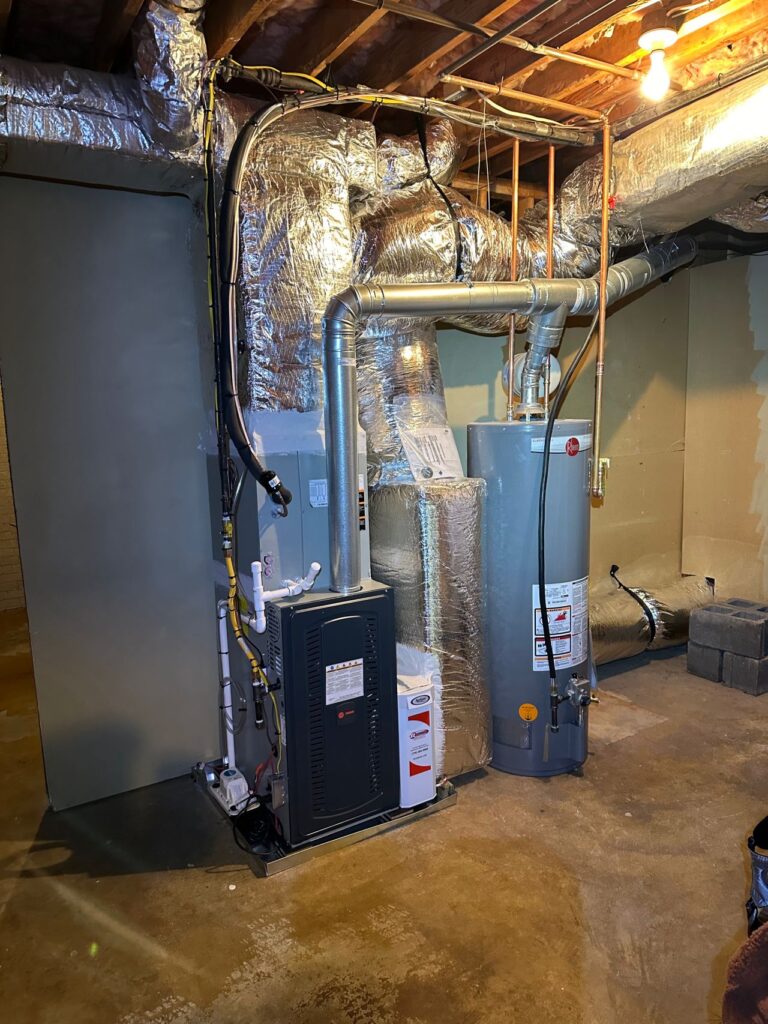
Converting a furnace from Natural Gas to Propane
How to convert a natural gas furnace to propane?
- Common Practice: Switching a furnace from natural gas to propane is widely done within the HVAC industry.
- Professional Task: A certified HVAC technician should perform the conversion using a specialized conversion kit.
- Not a DIY Project: Due to its complexity and safety concerns, this is not suitable for non-professionals.
Step of converting a furnace from Natural Gas to Propane
- Replace Burner Orifices: The natural gas orifices are swapped out for ones designed for propane use.
- Install Spoiler Screws: These are added to the burner to adjust the flame.
- Add a Low Gas Pressure Switch: This ensures the furnace operates safely with propane’s different pressure levels.
LP Furnace Service and Maintenance
Maintaining your propane furnace regularly is crucial for extending its lifespan and ensuring it runs efficiently. Here are some key points to keep in mind:
Inspect and Manage the Furnace Filter:
- Regular Checks: Make it a habit to inspect your furnace filter periodically.
- Clean or Replace as Needed: If the filter is dirty, clean it if it’s reusable, or replace it with a new one. A clean filter ensures proper airflow, which is essential for efficient operation.
- Consequences of Neglect: Ignoring the filter can lead to dust and debris build-up, restricting airflow. This not only reduces your comfort but also puts extra strain on the blower motor, potentially leading to overheating and shutdown of the furnace.
Professional Maintenance:
- Routine Check-ups: Just like a car needs regular tune-ups, your furnace benefits significantly from scheduled maintenance visits.
- What the Technician Does: During these appointments, a professional HVAC technician will thoroughly clean and adjust critical components of your furnace to ensure peak performance and efficiency.
- Proactive Repairs: They can also identify and fix minor issues before they escalate into major problems, helping you avoid inconvenient and costly repairs later.
In summary, maintaining your propane furnace involves simple steps like keeping the filter clean and scheduling professional maintenance. These actions help keep your furnace running smoothly, efficiently, and can prevent unexpected breakdowns.
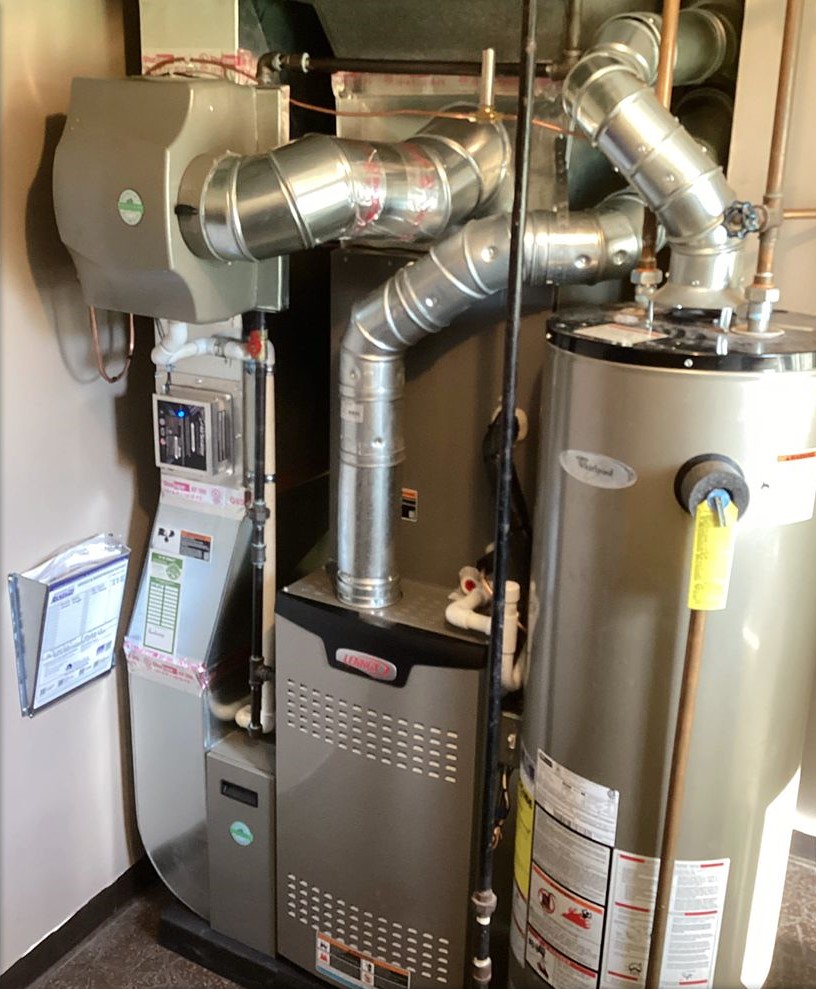
The Advantages and Disadvantages of Using Propane for Home Heating
When choosing a heating source for your home, whether you’re building, buying, or considering an upgrade, it’s crucial to weigh the pros and cons of each option. In regions like the Northeast, the common choices include propane, heating oil, and natural gas. If you’re leaning towards or already have a propane heating system, here are some key points to consider:
Advantages or pros of Propane Heating
What are the pros and cons of propane heating?
- Safety and Clean Burning:
- Propane is non-toxic and can be stored underground safely.
- It burns cleanly, meaning propane furnaces usually require less maintenance, have a longer lifespan, and need fewer repairs.
- Propane furnaces are known for their high efficiency.
- Versatility:
- Propane can power all home appliances, offering a unified fuel solution. This means you’re not forced to use electric appliances, which might be less efficient and more costly over time.
- Economical Fuel Storage:
- With the capacity for large storage tanks (up to 1,000 gallons), you can buy propane in bulk when prices are low, reducing the need for frequent deliveries and preparing you well for colder months.
Disadvantages and cons of Propane Heating
- Lower Heat Output Compared to Oil:
- Propane burns cooler than oil, producing fewer BTUs per gallon. This means you may need more propane to achieve the same warmth as oil, potentially offsetting cost savings.
- High Conversion Costs:
- Switching from another heating system to propane can be expensive and requires professional installation. There’s no guarantee that conversion will lead to significant savings, given the upfront costs.
- Potential Rental Fees and Maintenance Costs:
- Owning a tank means you’re responsible for its maintenance, including inspections and repairs for leaks or corrosion. Eventually, the tank might need replacement.
- Renting a tank from your energy provider means they handle maintenance, but you’ll likely pay a monthly rental fee, adding to your overall heating costs.
Summary
Choosing propane as your home’s heating source comes with its set of benefits, including safety, efficiency, and the convenience of a single fuel source for all appliances. However, it’s important to consider the lower heat output, the initial cost of switching, and the ongoing responsibilities or costs associated with tank maintenance or rental. Each factor plays a crucial role in determining whether propane is the right choice for your heating needs.
Frequently Asked Question
Should I switch to a propane furnace?
Switching to a propane furnace presents several benefits. Propane furnaces typically offer higher efficiency, with an average of 90% or more, compared to older heating oil furnaces, which may only reach about 60% efficiency. This means that each dollar spent on propane can go farther in terms of heating your home. Additionally, propane furnaces generally require fewer maintenance visits compared to oil furnaces, potentially saving you money in the long run.
Is it cheaper to heat your house with propane?
Yes, it is generally cheaper to heat your house with propane compared to other heating sources like electricity. According to data from the U.S. Department of Energy, heating a home in the U.S. with a propane heating system costs far less than heating with an electric system. Propane heating systems tend to be more cost-effective and efficient, offering savings on energy bills over time.

